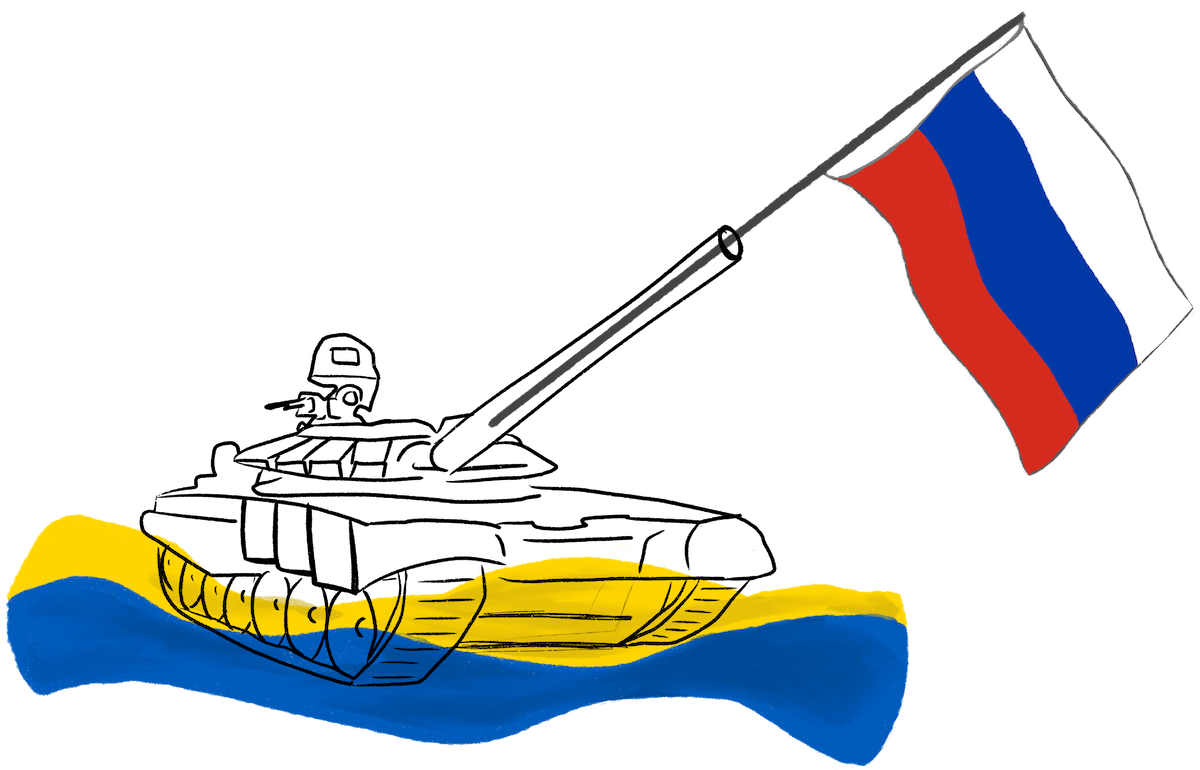Turkish President Recep Tayyip Erdoğan accused NATO allies on Feb. 18 of giving the People’s Protection Unit (YPG), a Kurdish separatist group, thousands of truckloads of weapons while ignoring Turkey’s request to buy arms.
During an election campaign in southwestern Turkey, Erdoğan questioned, “What kind of NATO alliance is this?” while characterizing the YPG as a terrorist organization. “You give terrorists around 23,000 truckloads of weapons and tools through Iraq, but when we asked, you won’t even sell them to us,” Erdoğan said, but did not specify which NATO allies were providing the arms.
The YPG, a longtime United States ally, is mainly a Kurdish militia in Syria but has significant Arab and other foreign memberships, from the U.S. and Europe to the Syrian Democratic Forces fighting the self-declared Islamic State of Iraq and Syria.
Erdoğan considers the YPG to be tied to the banned Kurdistan Workers’ Party (PKK), a group that seeks Kurdish sovereignty through violence which waged a decades-long armed conflict in the country that killed an estimated 40,000 people.
Former Defense Secretary Ashton Carter, along with other U.S. officials, acknowledged the ties between the PKK and the YPG. However, officially the U.S. does not recognize ties between the two groups.
The YPG has largely been considered the strongest on-the-ground opposition against ISIS in the Syrian civil war and provides the U.S. with a foothold in the conflict as their ally. The U.S. began giving arms to YPG in May of 2017 two years after U.S. troops arrived in Syria under the Obama administration. Turkey’s top officials were quick to criticize the move to arm the Syrian Kurdish forces. Turkish Prime Minister Binali Yildirim in a press conference in Ankara expressed his disbelief that the U.S. would side with a “terrorist organization” over Turkey, in reference to the YPG.
According to estimates by Turkish authorities, Washington has used 5,000 trucks and 2,000 cargo planes to deliver weapons to the YPG in recent years.
After NATO’s refusal to sell arms to Turkey, Erdoğan has turned to Russia in securing an arms deal to counter “regional threats,” insinuating the YPG and PKK are regional threats alongside ISIL. The deal with Russia has been highly criticized by U.S. officials. Vice President Mike Pence said, “We will not stand idly by while NATO allies purchase weapons from our adversaries. We cannot ensure the defense of the West if our allies grow dependent on the East,” underlining the U.S.’ stance at the Munich Security Conference.
Turkey claims it will redesign the software of the Russian S-400 missiles to nationalize the system, ensuring that it aligns with national and NATO accords. According to Al Jazeera, Turkish officials accused the U.S. of politicizing the purchase of the arms after the division over Washington’s support for the Kurdish YPG militia in the fight against ISIS in Syria.







YPG “separatist group”??? What absurd nonsense. The author would benefit from doing some research. The YPG are ANTI separatist, and advocate for a democratic federal Syria.